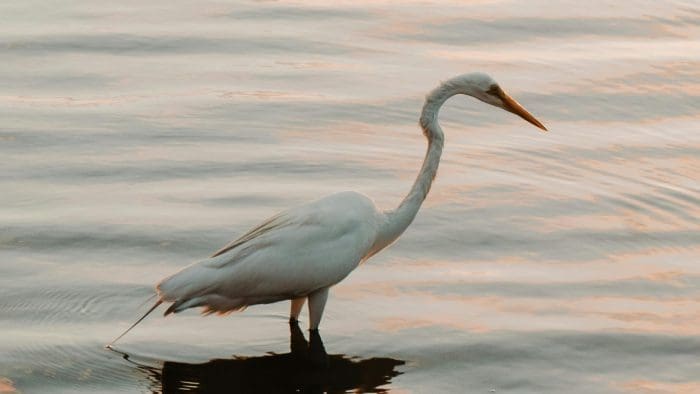Session 1: What and Where is Nature?
What do we mean when we talk about nature? And what do we mean by nature writing? In this session, we’ll explore the origins of the genre – from Pastoral and Romantic traditions to the resurgence of ‘new nature writing’ in the twenty-first century and beyond. We’ll examine why – and how – we hope to engage with nature in our own writing practice.
There will be a group Zoom with your tutor.
Session 2: Voice, Place and Power
Who gets to write about nature? And why does this matter? In this session we’ll look at the range of perspectives nature writing may include, asking how broadening our understanding of the genre can help foster a richer and more just future for both humans and nature. How do we decide which things are worth recording and which things to leave out? We’ll experiment with points of view in our writing in order to notice things we may not have before.
Session 3: Encountering the World
How can we become more observant of the natural world? In this session we’ll explore techniques for connecting not just with our senses but with the ways we are entwined with places. From writing out in the field to drawing on scientific and artistic modes of engaging with the world, we’ll develop skills for sensing the natural world in detail and determining how much of that detail makes its way to the page.
Session 4: Change and Narrative in Nature
What shape might a journey in nature take? How can we capture the vastness of deep time, the ongoing legacies of colonial conquest, and the present reality of the climate crisis? From the hero’s quest to more meditative contemporary forms, we’ll examine how decisions about narrative and scale can help us to reimagine what nature writing looks like.
There will be a Zoom Q+A with a guest author.
Session 5: The Big Question
How do we see ourselves as nature writers? Is our primary job to bear witness to a world soon to be lost or to agitate for change? In this session, we’ll ask how emotions – from grief to rage to hope – might serve us in our writing, and how we can balance feelings with knowledge on the page.
Session 6: Drafting and Refining
In this session we’ll dive deep on structure, craft techniques, and editing practices. We’ll look to the natural world to inspire how we might shape our pieces of writing and ask how we encourage flexibility in our writing routines.
There will be a group Zoom with your tutor.
Session 7: Two-week Quiet Writing Session
No formal exercises, extracts or videos. This session is dedicated to focusing on getting down to write and apply the lessons studied over the course. At the end of the session, you’re invited to submit a finished 3,000-word piece of nature writing, which the tutor will give feedback on.
There will be a live Q&A with a Granta guest.



























